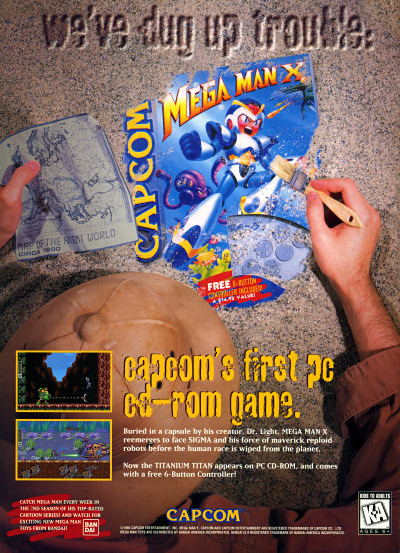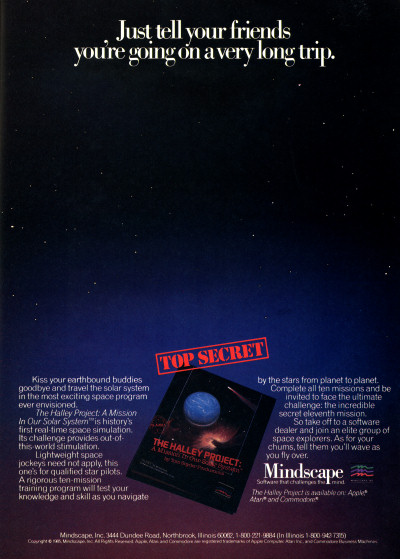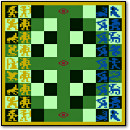[ Retro Scan of the Week ] The Poppy Computer
Monday, August 26th, 2013 Rose vs. Poppy: Which would you choose?
Rose vs. Poppy: Which would you choose?
I’ll admit that I’ve never encountered a Durango Poppy in person, nor do I know much about them aside from ads like this in old magazines.
So I did some digging, and I found that the Poppy model seen here was an 80186-based system that ran either MS-DOS for a single-user setup or Xenix for a multi-user configuration. It retailed for between $4,395 and $11,475 in early 1984 ($9,881 to $25,798 when adjusted for inflation), which was quite a bit of money — but actually far cheaper than IBM’s comparable offerings at the time.
A March 5, 1984 issue of InfoWorld available through Google Books has a neat article that mentions the Poppy.
I didn’t realize it at first, but the rose in the ad above is meant to symbolize IBM. IBM’s PC ads at the time featured Charlie Chaplin’s Tramp character, which always carried a rose.
Discussion Topic of the Week: Did you ever purposely pass up IBM hardware for a cheaper alternative? Tell us about it.








